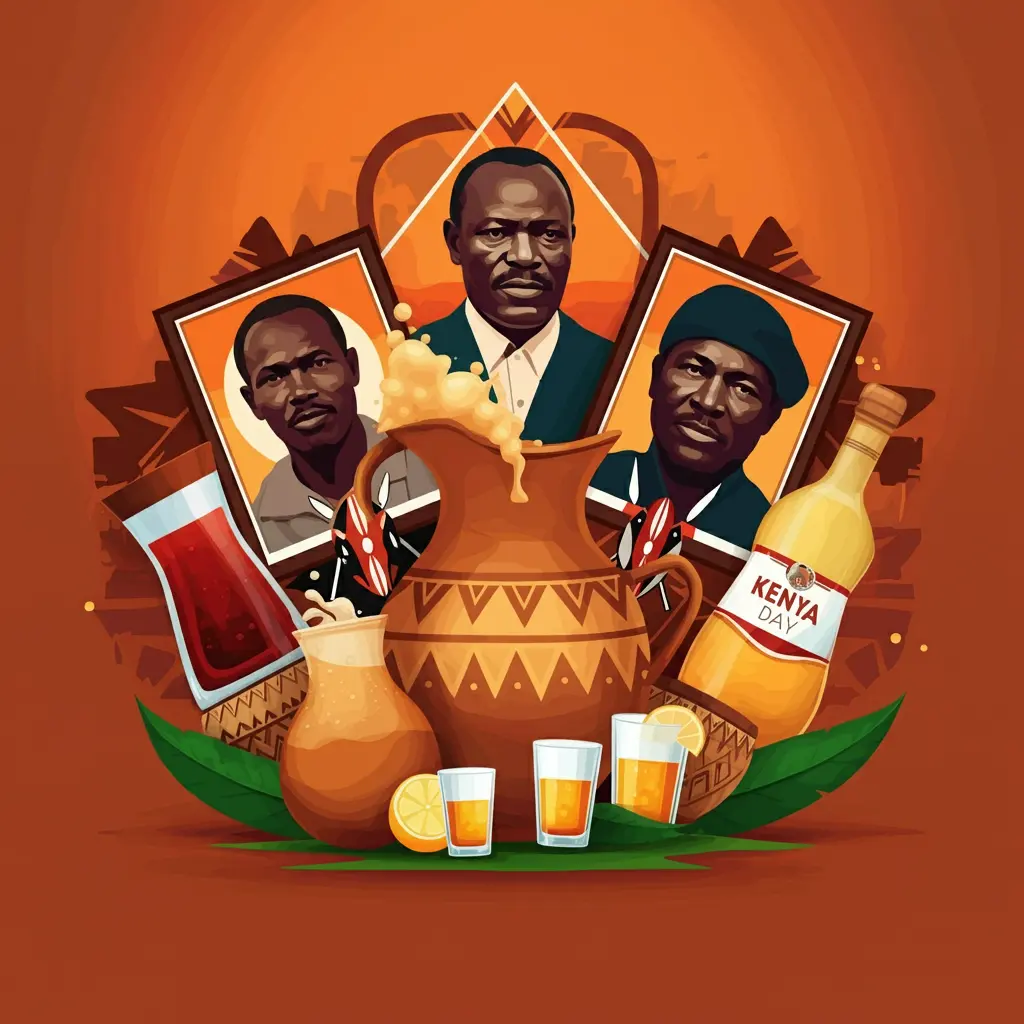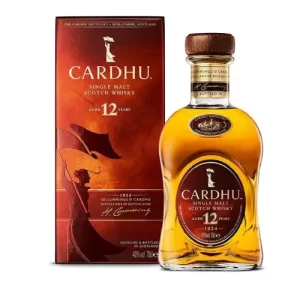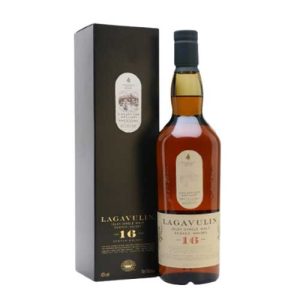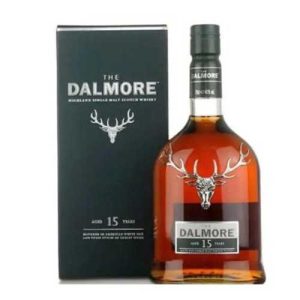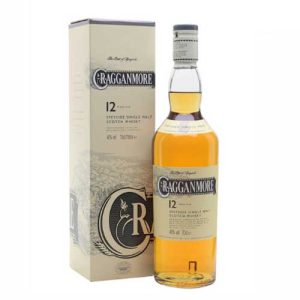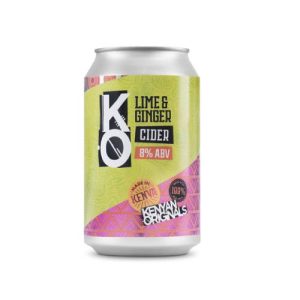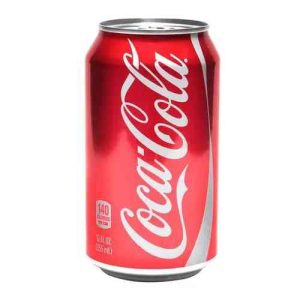As the sun rises on October 20th each year, Kenya awakens to the powerful resonance of Mashujaa Day—a day that echoes with the footsteps of giants who shaped the nation’s destiny. Known as Heroes’ Day, this national holiday transcends mere celebration, serving as a bridge between Kenya’s storied past and its promising future.
The Evolution of Mashujaa Day: From Freedom Fighters to Modern Heroes
The roots of Mashujaa Day run deep into Kenya’s struggle for independence. Among the celebrated heroes is Dedan Kimathi, whose leadership in the Mau Mau uprising became a catalyst for change. Mekatilili wa Menza, a powerful female leader from the coastal region, mobilized the Giriama people against colonial rule, proving that heroism knows no gender. These freedom fighters, along with countless others, laid the foundation for Kenya’s independence in 1963.
Today’s celebration has evolved from its origins. While traditional military parades and presidential speeches remain central to the official ceremonies in Nairobi, communities across Kenya’s 47 counties now organize local events that reflect their unique cultural heritage. In Kisumu, boat races on Lake Victoria honor the region’s maritime heroes, while in Mombasa, traditional dance performances tell stories of coastal resistance against colonial powers.
Contemporary Heroes: Expanding the Definition
Modern Kenya celebrates not only its freedom fighters but also individuals who break barriers and inspire change. Take Dr. Wangari Maathai, the first African woman to receive the Nobel Peace Prize, whose Green Belt Movement has planted over 51 million trees. Or Lupita Nyong’o, whose Oscar win inspired a generation of young Kenyans to dream beyond borders. These contemporary mashujaa (heroes) demonstrate that heroism extends beyond the battlefield into environmental conservation, arts, science, and social justice.
Cultural Celebration Through Local Spirits: A Time-Honored Tradition
As families and communities gather to share stories of heroism, traditional and modern beverages play a crucial role in fostering connection and celebration. Here’s a deeper look at Kenya’s celebrated drinks, both alcoholic and non-alcoholic:
1. Tusker Beer (Est. 1922)
George Hurst’s tragic encounter with an elephant in 1922 led to the creation of Kenya’s most iconic beer brand. Today, Tusker commands a 65% market share in Kenya’s beer market. The brewery still uses locally sourced barley from Kenyan farmers, supporting over 25,000 agricultural families annually. During Mashujaa Day celebrations, Tusker often releases limited edition bottles featuring portraits of Kenyan heroes.
Traditional Serving Suggestion: Chilled at 4°C, often accompanied by nyama choma (roasted meat) and kachumbari (traditional salad).
2. Kenya Cane (Est. 1960s)
Originally produced to compete with imported spirits post-independence, Kenya Cane represents the nation’s industrial achievement. The spirit is triple-distilled using sugarcane from Western Kenya’s plantations. Local bartenders have created numerous cocktails featuring Kenya Cane, including the popular “Dawa” (meaning medicine in Swahili), which combines the spirit with honey, lime, and sugar.
Recipe – The Mashujaa Dawa:
- 50ml Kenya Cane
- 2 tablespoons honey
- 1 lime, quartered
- Crushed ice
- Muddled sugar cane stick
3. White Cap Lager: A Taste of Tradition
White Cap lager holds a special place in Kenya’s history as one of the nation’s oldest and most iconic beers. Named after the snow-capped peaks of Mount Kenya, this lager symbolizes resilience and pride, much like the heroes celebrated on Mashujaa Day. Often enjoyed by Kenyans during social gatherings, White Cap is a go-to choice for those seeking a classic beer with a rich history. This Mashujaa Day, it’s a fitting drink to toast the resilience and achievements of Kenya’s heroes.
For those celebrating with friends or family, pairing White Cap with nyama choma (grilled meat) makes for a quintessentially Kenyan experience. As you raise your glass, you honor both the natural beauty of Kenya and the brave individuals who have shaped its history.
4. Traditional Brews: Connecting Past and Present
Busaa (Ngoya)
This traditional grain beer, made from fermented millet or sorghum, has been brewed for centuries. The preparation process, passed down through generations, typically takes 4-5 days:
- Day 1: Grain germination
- Day 2-3: Drying and grinding
- Day 4-5: Fermentation in traditional pots
Each region has its unique variation. In Western Kenya, elders still use specific sacred gourds for serving busaa during important ceremonies.
Muratina
The Kikuyu community’s traditional brew, made from honey and muratina fruit (Kigelia africana), plays a vital role in cultural ceremonies. The fruit is dried for 3-4 days before being combined with honey and water for fermentation.
5. Non-Alcoholic Celebrations
Alvaro
Introduced to provide a sophisticated non-alcoholic alternative, Alvaro sources its fruits from small-scale farmers across Kenya. The drink comes in three distinctly Kenyan flavors:
- Pineapple (from Thika region)
- Mango (from Eastern Kenya)
- Passion Fruit (from Central Kenya)
Modern Mashujaa Day Celebrations: A Fusion of Traditions
Today’s celebrations blend traditional and contemporary elements. In urban areas, young professionals organize “Mashujaa Mixology” events, where bartenders create cocktails inspired by Kenyan heroes. Rural communities maintain traditional ceremonies where elders share oral histories over traditional brews.
Regional Celebration Highlights:
- Central Kenya: Traditional muratina brewing demonstrations
- Western Kenya: Busaa ceremonies with cultural dances
- Coastal Region: Coconut-based drink festivals
- Nairobi: Modern cocktail events featuring local spirits
Preserving Mashujaa Day’s Heritage While Embracing Change
As Kenya continues to evolve, Mashujaa Day serves as a reminder of the importance of preserving cultural heritage while embracing progress. Local beverage manufacturers increasingly incorporate traditional ingredients and practices into modern production methods, ensuring that each sip tells a story of Kenya’s past, present, and future.
Whether raising a traditional gourd of busaa or a contemporary cocktail glass, Mashujaa Day celebrations remind us that heroism comes in many forms. As the sun sets on this special day, Kenyans united in celebration can reflect on the words of Jomo Kenyatta: “Our children may learn about the heroes of the past. Our task is to make ourselves the architects of the future.“
Author’s Note: When participating in celebrations, always drink responsibly and respect local customs and traditions. Non-alcoholic options are always available and equally significant in cultural celebrations.

